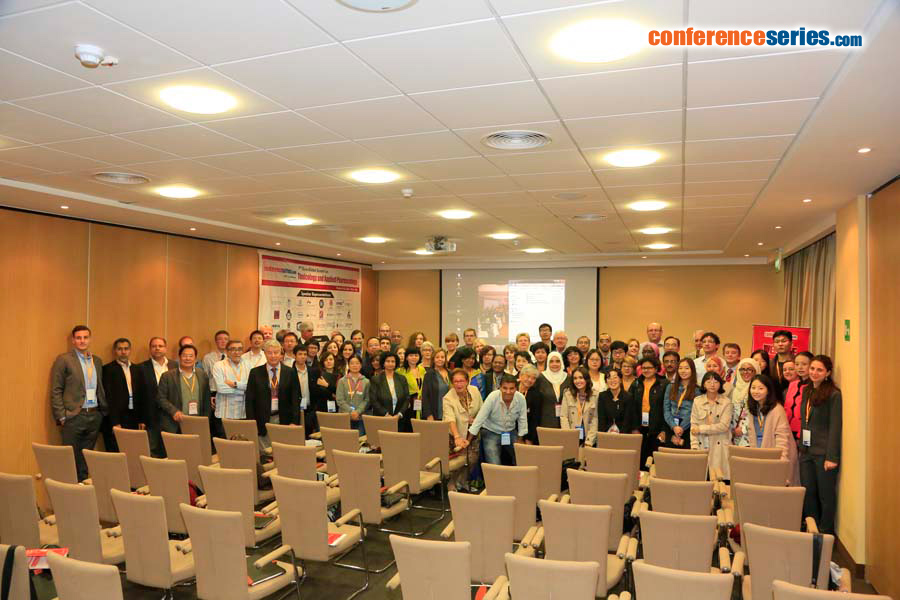Poppenborg Sabine M
Medac GmbH, Germany
Title: A new pegylated recombinant E.coli L-asparaginase preparation (MC0609): Comparative pharmacokinetic/pharmacodynamic characterisation in Beagle dog and infl uence of anti-PEG IgM antibodies on the pharmacokinetics in B6D2F1 mice
Biography
Biography: Poppenborg Sabine M
Abstract
A new pegylated recombinant E. coli L-asparaginase (PEG-rASNase MC0609) was designed by medac GmbH (Germany) to improve pharmacokinetic (PK) characteristics of pegylated L-asparaginase in comparison to pegaspargase (Oncaspar®) used as first-line treatment in patients with acute lymphoblastic leukaemia (ALL). Comparative PK, pharmacodynamic (PD) and immunogenicity studies were performed in Beagle dogs aft er single-dose intravenous (i.v.) administration of MC0609 or pegaspargase. Striking differences in PK and PD properties between both pegylated preparations were observed. Th e different PK characteristics were confi rmed by a population pharmacokinetic (PopPK) analysis. PK parameters of pegaspargase in Beagle dog were in the same range than the parameters determined in paediatric ALL patients. Therefore, the Beagle dog was considered a clinically relevant model for PK evaluation of pegaspargase. In addition, the potential impact of pre-existing anti- PEG antibodies on the ASNase activity of PEG-rASNase MC0609 and pegaspargase was investigated in immune competent B6D2F1 hybrid mice. Anti-PEG IgM antibodies were successfully induced in mice after repeated i.v. administration of 40 kDa PEG-Diol without being conjugated to a carrier. All animals detected “positive” for anti-PEG IgM antibodies and control animals (without prior PEG-Diol pre-sensitisation) were treated once i.v. with PEG-rASNase MC0609 or pegaspargase. ASNase activity profiles were obviously not infl uenced by the IgM positivity of animals. No accelerated decrease of ASNase activity was observed irrespective of successful PEG-Diol pre-sensitisation and presence of acquired anti-drug-IgG and/or anti-PEG IgM antibodies.




